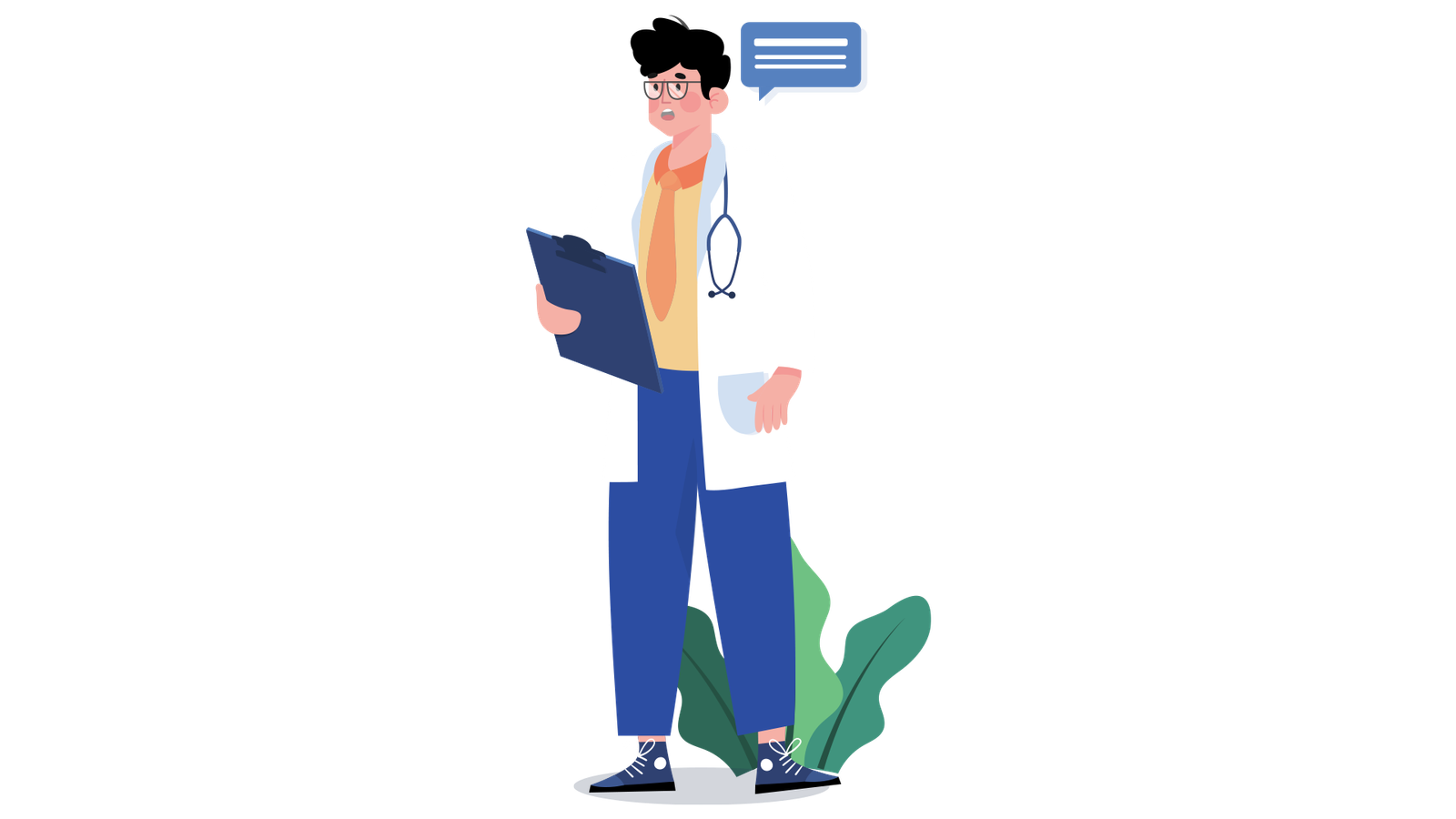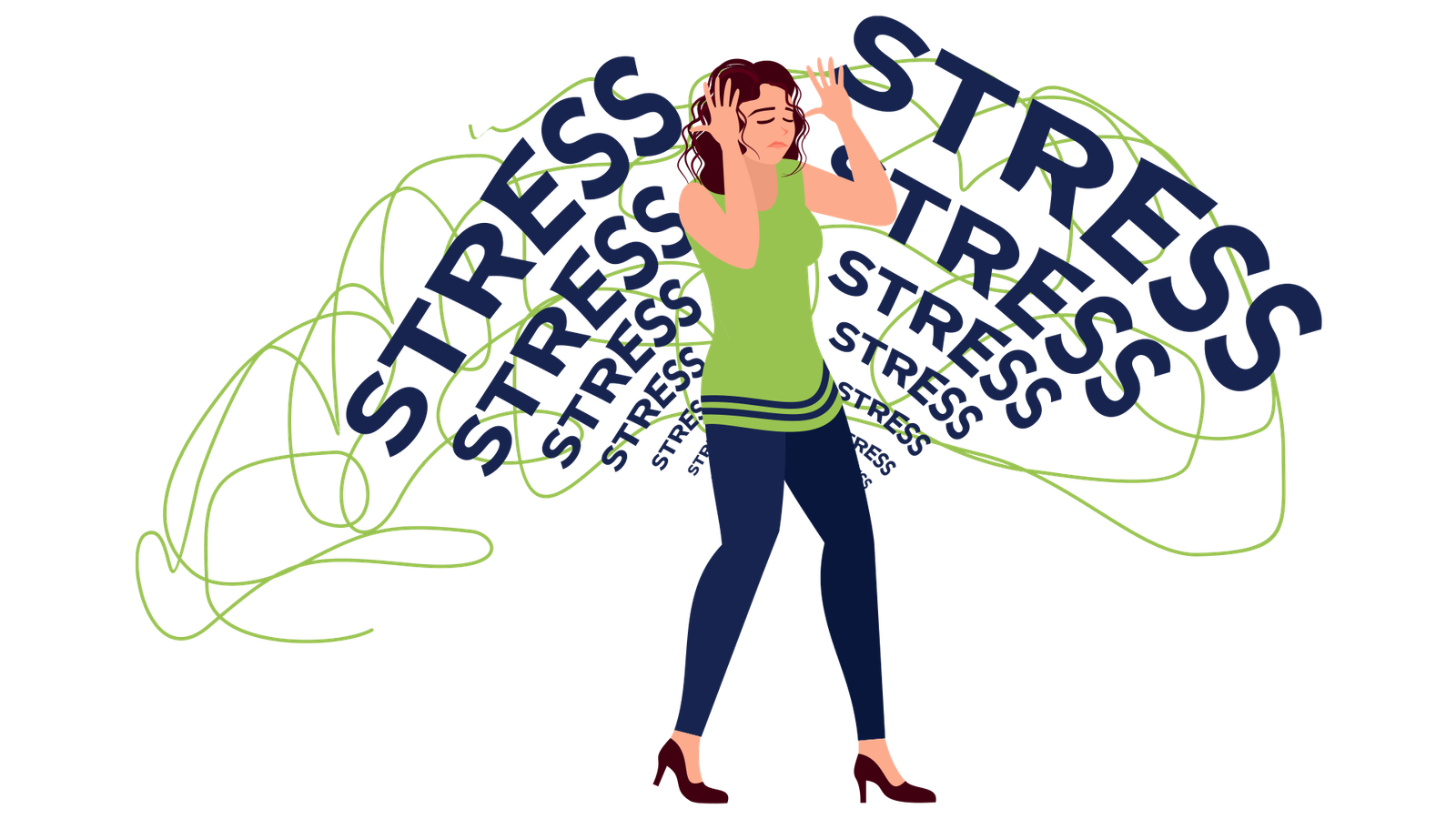Healthcare professionals work in environments where technical expertise and compassion go hand in hand. Beyond diagnosing illnesses and administering treatments, the ability to communicate effectively and empathetically with patients is crucial. This is where counselling skills come into play. Whether dealing with patients directly, supporting families, or working with colleagues, healthcare professionals with counselling skills can enhance care outcomes, build trust, and foster a more holistic approach to healing.

The Importance of Counselling Skills in Healthcare
1. Building Trust and Rapport
Effective communication is at the core of every patient-professional relationship. Counselling skills enable healthcare workers to establish trust and rapport, making patients feel comfortable sharing sensitive information. This openness often leads to more accurate diagnoses and tailored care plans.

2. Enhancing Emotional Support
Patients may experience fear, anxiety, or grief due to illness or injury. Healthcare professionals with counselling training can identify these emotional needs and provide reassurance, helping patients feel understood and supported during challenging times.

3. Facilitating Informed Decisions
Healthcare choices can be overwhelming for patients. Using counselling techniques, professionals can guide patients through their options, ensuring they feel empowered to make decisions that align with their values and circumstances.

4. Improving Patient Compliance
Patients are more likely to adhere to treatment plans when they feel heard and involved in the process. Counselling skills enable healthcare workers to communicate complex medical information clearly and empathize with patients’ challenges, improving compliance rates.

5. Supporting Families and Caregivers
Healthcare extends beyond the patient. Families and caregivers often need guidance and emotional support to navigate medical decisions or cope with their loved one’s condition. Counselling skills equip professionals to manage these dynamics effectively.

6. Managing Stress and Burnout
The healthcare profession is demanding, often exposing workers to high levels of stress and emotional strain. Learning counselling techniques can also help professionals manage their well-being, fostering resilience and emotional balance.

Key Counselling Skills for Healthcare Professionals
- Active Listening: Being fully present and attentive to patients’ words and emotions.
- Empathy: Understanding and sharing the feelings of others without judgment.
- Non-Verbal Communication: Using body language, eye contact, and tone to convey openness and care.
- Problem-Solving: Helping patients explore solutions to challenges they face.
- Patience: Remaining calm and supportive, even in high-pressure situations.
Conclusion:
Counselling skills are not an optional extra for healthcare professionals—they are a vital part of providing comprehensive care. These skills improve patient satisfaction, foster better outcomes, and contribute to a more humane healthcare system. As the healthcare field continues to evolve, integrating counselling skills into training and practice will remain essential for meeting the needs of patients and their families.
Investing in counselling skills not only strengthens healthcare professionals’ ability to connect with patients but also promotes a culture of empathy and understanding, making a significant difference in the lives of those they serve.



